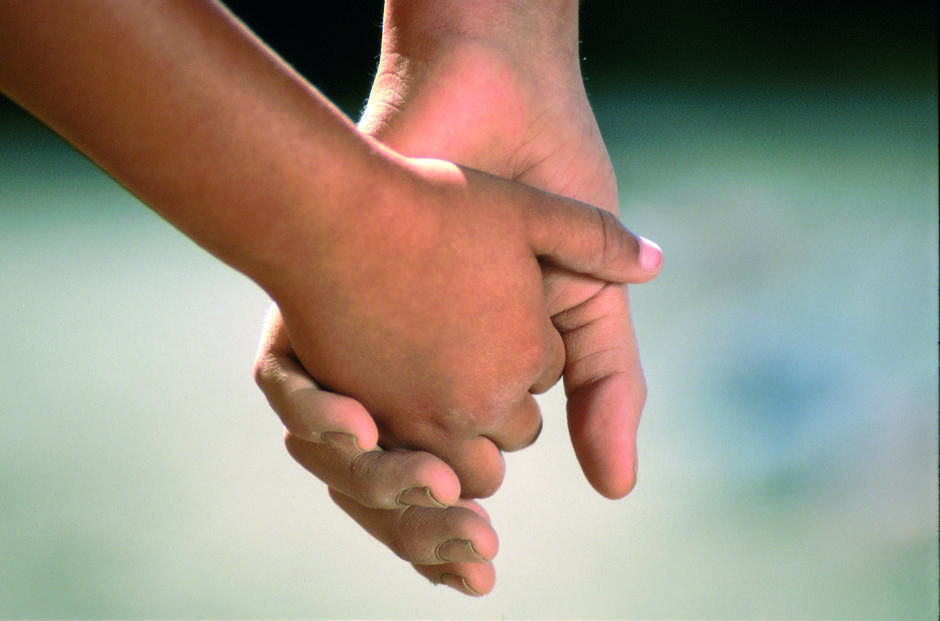
Humanitarian and Development
Place
Touba Peycouk, town of Thiès, Senegal
Sponsor
Rémy Ledoux
Grant(s)
14 000 € to the Selection Committee at 2008/03/26
Project leader
Foyer Socio-éducatif du lycée Paul Langevin
"This project is doubly interesting - and highly laudable - because it is run by deeply implicated students for the benefit of a leper village, and therefore for people in the greatest need."
Rémy Ledoux
Touba Peycouk, on the outskirts of the town of Thiès in Senegal, is a village founded in 1963 and inaugurated jointly by Léopold Sedar Senghor and Raoul Follereau.
This community in fact assembles the lepers of the region. Today, the community has about 2800 members, nearly 20% of then severely handicapped.
The village guarantees its subsistence thanks to its farmers and to the development of truck gardening. To help it along this path, the association Foyer Socio-économique du Lycée Paul Langevin built a mini-water supply network there in 2001.
A water supply network under effective control
Seven years later, the students of the high school, staffed by the teachers, are planning to extend this network in agreement with the population of the village. They planned to lay 2 km of pipes to supplement the already existing 5 km, plus 13 new connections, and to replace the borehole pump. This extension will facilitate access to water for the most severely affected patients, and the area for truck gardening activity can be expanded via a more effective irrigation network.
To guarantee the permanence of the installations, the high school association is relying on the village borehole management committee. Its members run the installations, maintain them, set the water sales prices, repay the water inspectors, and pay the electricity bills. This is done under the supervision of a representative of the Senegalese Ministry of Water.
Besides the undeniable well-being that the inhabitants derive, this project is also an excellent means to familiarize the French students of the Paul Langevin High School with various problems that are crucial for sustainable development: access to water, improving the health conditions in the Sahel, the quest for funding and international cooperation.

